Myanmar’s Polycrisis: A Call for a Humanitarian Reset
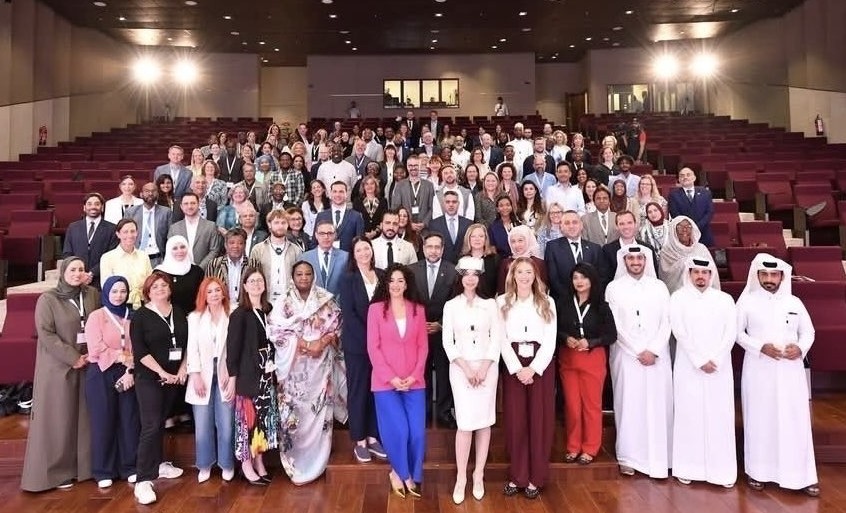
8-9 April 2025 – Doha: At the 2025 Humanitarian Leadership Conference in Doha—hosted by the Centre for Humanitarian Leadership in partnership with the Center for Conflict and Humanitarian Studies—the Chin Human Rights Organization (CHRO) participated in the high-level panel titled “Leading from the Front: The Humanitarian Vanguard.”
The panel brought together frontline leaders from some of the world’s most acute humanitarian crises, including Syria, Ukraine, Sudan, and Myanmar. Each speaker shared hard-earned insights and reflections from their respective contexts, shedding light on the realities of delivering aid and protection in settings where conventional humanitarian models are failing under pressure.
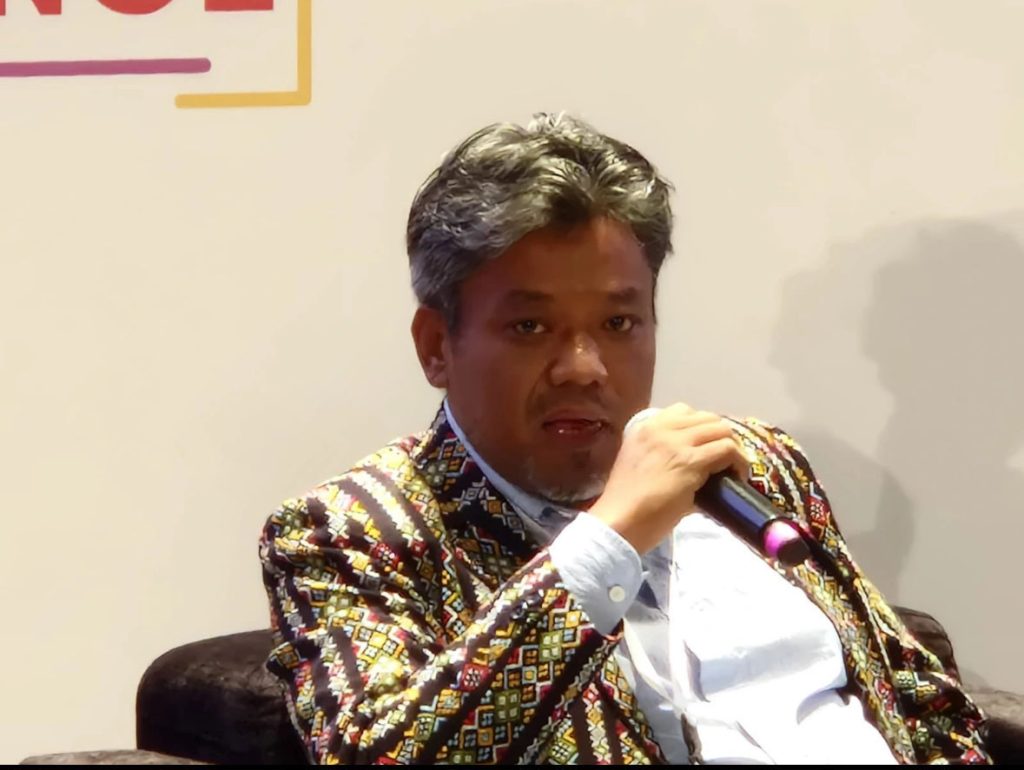
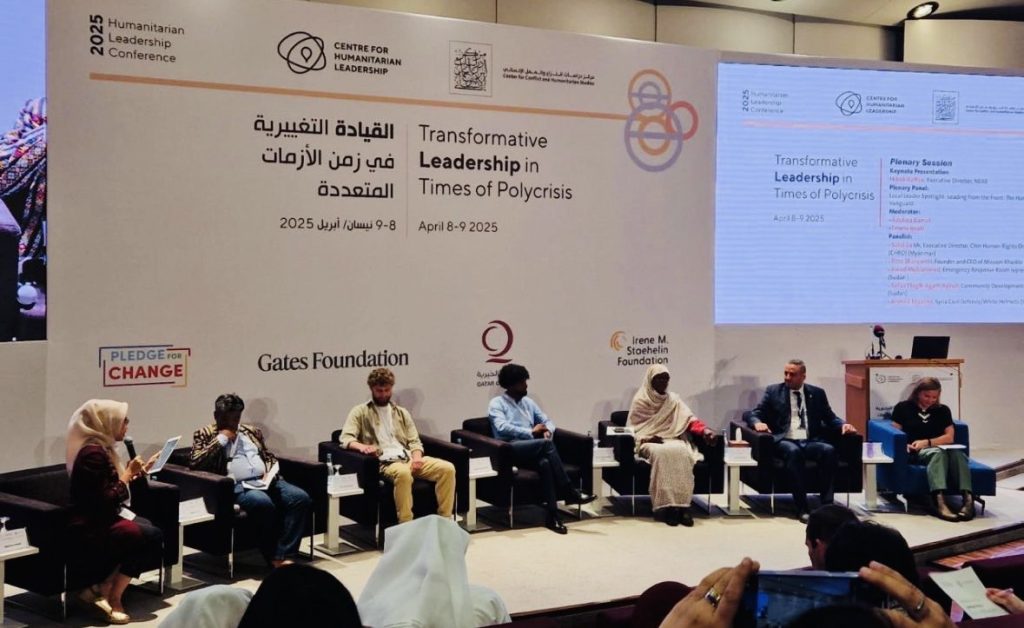
CHRO’s intervention highlighted the rapidly deteriorating humanitarian and political situation in Myanmar, where a combination of man-made atrocities and natural disasters continues to devastate civilian life. The session’s focus on “The Human Element of Leadership” provided an essential platform to examine not only how responses are shaped, but also who leads them—and how principled, locally-grounded leadership can drive more transformative, accountable outcomes.
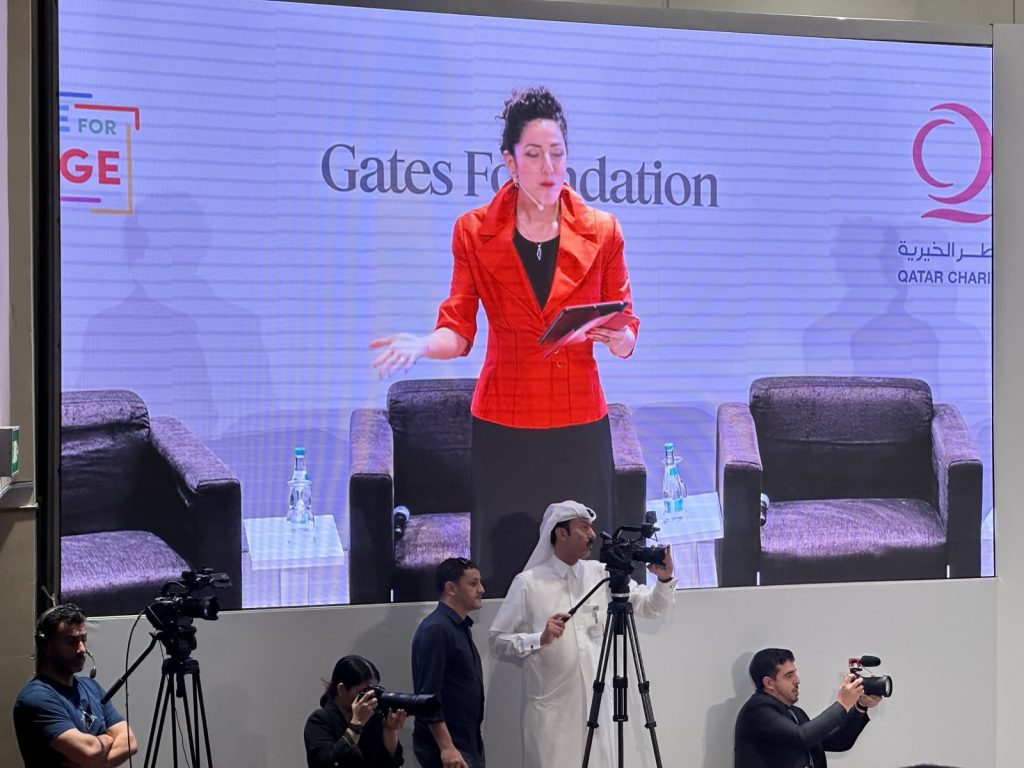
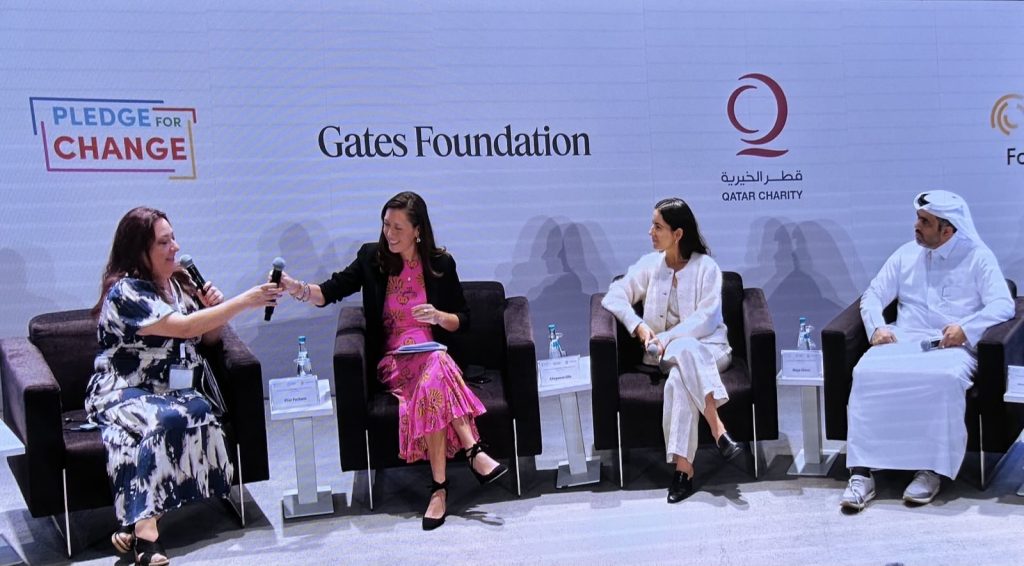
For those living through Myanmar’s ongoing collapse, the question “What’s next?” is not theoretical—it is an ever-present anxiety. Each crisis compounds the last. The recent earthquake is only the latest in a chain of catastrophes, and yet the suffering caused by natural disasters remains overshadowed by the brutality of the junta’s military campaign: airstrikes, massacres, and widespread terror targeting civilians.
We remain grateful for international humanitarian support during times of natural disaster. However, when aid flows through state-controlled mechanisms, it is at risk of being co-opted by the very regime that is perpetuating the crisis. Myanmar’s military has consistently exploited disasters to seek legitimacy, consolidate power, and attract resources. In such a context, humanitarian action must be grounded in the “Do No Harm” principle. Supporting the people of Myanmar means not strengthening the hand of their oppressors.
As global conversations turn toward the challenges of responding to “polycrisis”—complex, overlapping emergencies—Myanmar offers a sobering case study. Armed conflict, economic collapse, structural inequality, displacement, and natural disasters are not isolated events. They are intertwined, systemic, and enduring.
What is required now is not another patchwork of relief efforts. We need a humanitarian reset—one that partners with resistance actors and community-based organizations that now govern large parts of the country.
This is a historic moment. Across Myanmar, people of all ethnicities, faiths, and regions—including the Bamar majority—have found common ground in resisting dictatorship. Shared suffering has given rise to shared determination.
We call on the international community to meet this moment with more than compassion—with courage and vision. Provide aid, yes—but also invest in self-governance, locally-led recovery systems, and long-term resilience. Support the emergence of a new political future—one that rejects military dominance and uplifts democratic, inclusive leadership.
Myanmar can be a proving ground for a new model of people-centered, principled humanitarian action. The failures of the past must not be repeated. The time to act differently is now.
